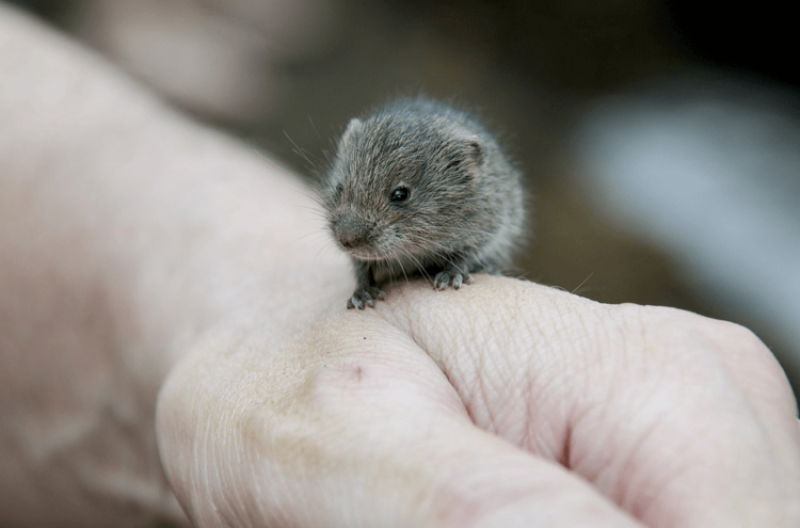For 40 years, oxytocin has been believed to be the ‘love hormone’ or the ‘cuddle hormone’ which inspires love and social behaviour… but is it?
A new study in prairie voles, which (like humans) were believed to rely on oxytocin receptor signalling to develop social behaviours has turned the idea on its head.
The genetic study shows that the voles can form enduring attachments with mates and provide parental care without oxytocin receptor signalling.
Prairie voles are one of only a few monogamous mammal species.
Previous studies that used drugs to block oxytocin from binding to its receptor found that voles were unable to pair-bond when oxytocin signalling was blocked.
But neuroscientists used the gene-editing CRISPR technology to generate prairie voles that lack functional oxytocin receptors.
To their surprise, the mutant voles formed pair bonds just as readily as normal voles.
…
Manoli said, “For at least the last 10 years, people have been hoping for the possibility of oxytocin as a powerful therapeutic for helping people with social cognitive impairments due to conditions ranging from autism to schizophrenia.
“This research shows that there likely isn’t a magic bullet for something as complex and nuanced as social behaviour.”































